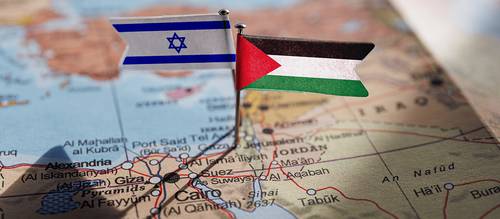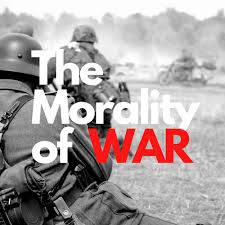On April 15, 1989, the death of Hu Yaobang, a passionate liberalizer and a purge reform-minded Communist Party Leader, caused something big to stir up in China, something no one was prepared for and something the world had never witnessed before.
In 1989, China was on the brink of an economic crisis; poverty and chaos engulfed the country. Discontentment and frustration washed over the people. At times of such misfortune, suppressed feelings rise to the top, and lead to a rebellion.
Rebellion in the volatile minds of the youth is a force to reckon with and this got thousands of students to gather at the infamous Tiananmen Square in Beijing. Filled with fury and grief, these students raised their voices against the government and its actions. They protested against corruption, unemployment, and poor economic management. They had one sole demand - The fall of Communism and the Rise of Democracy.
This movement rapidly gained momentum and it rose to its peak on May 13, with one million people taking part in the peaceful demonstrations and hunger strikes. Like a chain of falling dominoes, a wave of alarm and unease rippled through the government. To curb the demand for an open government and to silence the voices of the youth, China declared martial law on May 20th. 2,50,000 troops stormed into the square in an attempt to suppress the revolt, but once the rebellion was kindled, the spirit of revolution was instilled in the minds and courage found its way into the hearts of the oppressed, and there was no stopping them.
The government found itself in turmoil and decided to act violently. On June 4th, in the silence of the night, the troops started arresting and executing protestors, firing into crowds and even trampling them with their tanks. The unmitigated aggression and the massacre of what is believed to be thousands of people dampened the revolt.
China never released the official death toll, but the rest of the world knows that it took the lives of ten thousand innocent students. Other nations condemned China’s military action and voted towards imposing economic sanctions. The Tiananmen Square Massacre shook the world and caused China to further plunge into the deep dark shadows of their arbitrary Communism.
For more than three decades, massive crowds have gathered at the square to hold vigils in memory of the unsung heroes and to commemorate the victims. China continues to oppress talks of the Tiananmen Square massacre.
This year, gatherings at the Square were banned due to the pandemic although Beijing hadn’t reported a new case in over a month. It can silence their voices and erase their memories but the spirit of revolt burns bright deep within, and it always will.





